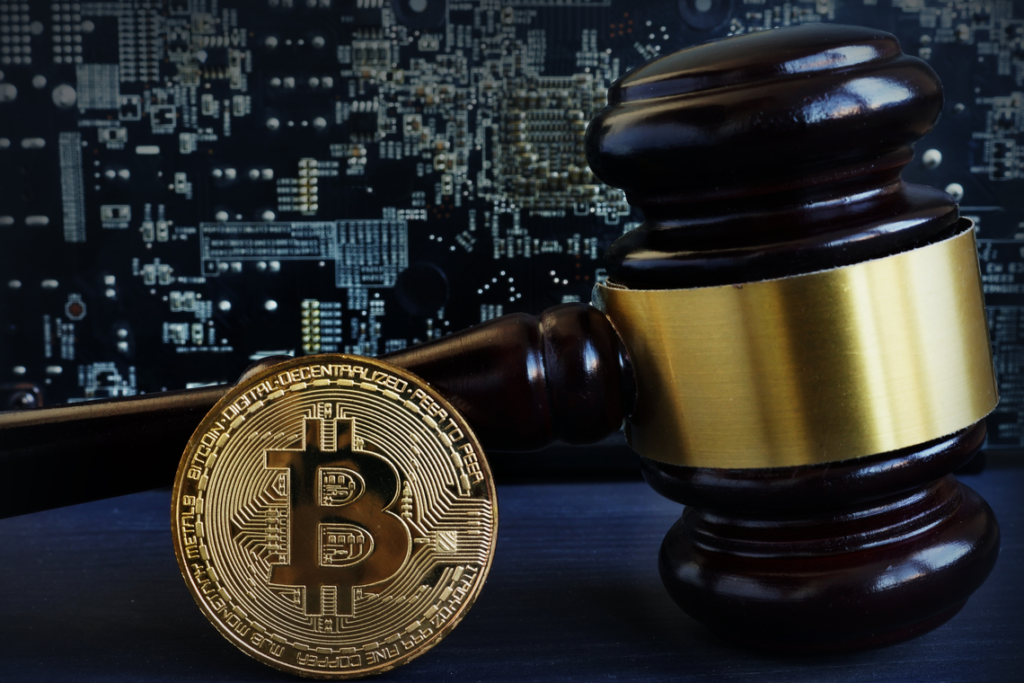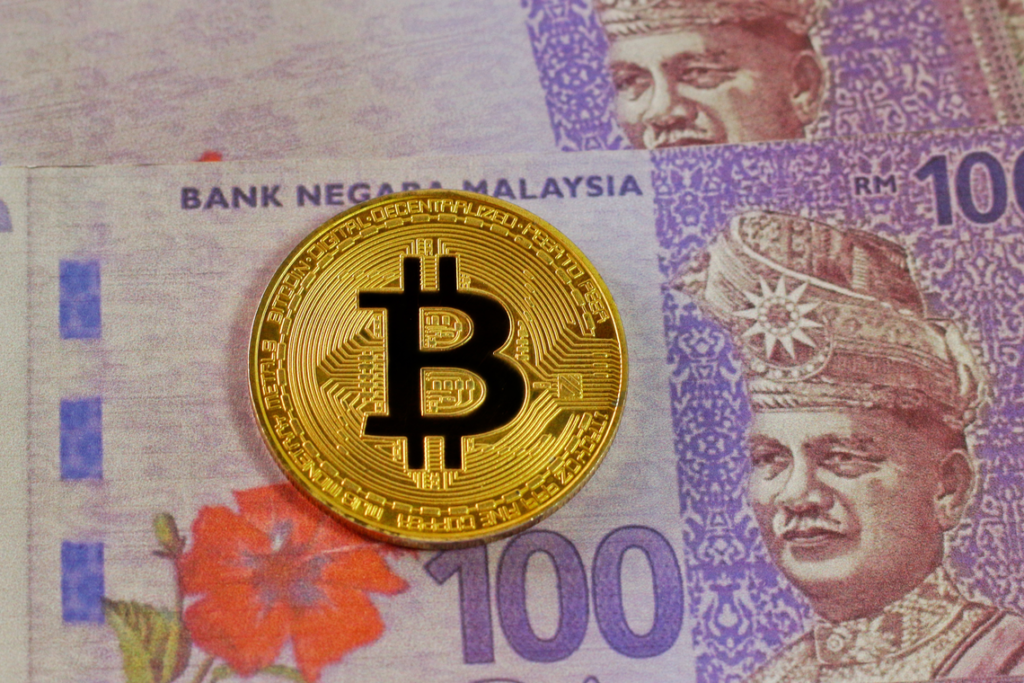
Governments tightening
Over the past several years, as the crypto revolution has continued, a number of governments have begun to pass regulatory measures restricting how cryptocurrencies can be traded or created. The Chinese ban of all initial coin offerings (ICOs) and crypto-related business activities and Taiwan’s harsh cryptocurrency regulations prove that nationalized governments are not in a mood to trifle with Bitcoin or related cryptocurrencies — and are willing to wage political war to maintain control. Recent news from Malaysia indicates that the national government is seeking to come down hard on ICOs as well.While the statement from the Malaysian government does allow for token offerings, it does so only if the tokens are registered securities with the Malaysian Securities Commission. The effect of this is to move all new tokens fully into the category of securities investment and halt any activity as currencies. While the statement from the minister of finance (Lim Guan Eng) ends with a profession of love for his fellow Malaysians, the ten-year prison sentence and RM10 million ($2.4M) fine speak otherwise. Clearly, in many nations, governments are seeking to gain increasing control over the cryptocurrency market. Even with some bright spots like Malta and Switzerland, the vast bulk of nations are finding ways to continue constraining these freedoms.Want to do an ICO in Malaysia? Looks like 10 years imprisonment is the penalty for all ICOs not approved by Finance ministry… https://t.co/Hb7heFhnuK
— Boxmining (@boxmining) January 16, 2019

Freedom fighters?
At the same time, cryptocurrency devotees are hardening their stance against increasing governmental regulation. Convinced that financial autonomy is critical, these men and women are unwilling to bend under governmental pressure. Instead, they view the increasing regulation with skepticism.Increasing unwillingness to be constrained by burgeoning governmental authority is leading to a desire to see all financial transactions moved out of the hands of nations and into trustless third-party systems like Bitcoin. Proponents claim that such systems provide not only autonomy but also freedom from financial collapses, such as devaluation and inflation — both of which have destroyed the economies of countries like Zimbabwe and Venezuela. Taken as examples, these nations have some of the highest adoption rates for cryptocurrencies in the world. Within these two diametrically opposed viewpoints, positions are being galvanized. Regulators are passing new and more stringent laws, and cypherpunks are seeking to move finances out of nationalized currencies and figure out ways to send and receive payments in entirely-decentralized currencies.Eventually, all money will be digital. That's a fact. But we still have time to decide what *kind* of digital money we want.
— Jake Chervinsky (@jchervinsky) January 16, 2019
The legacy system would like us to rent *their* money, designed for easy surveillance, censorship, and seizure.
Thankfully, we don't have to play along.

War coming?
How this conflict will be resolved remains to be seen. If governments continue to feel their sovereignty being curtailed, regulation could continue to increase and, with it, harsher punishments. By the same token, cypherpunks may continue to move out of centralized currencies — gaining disciples rapidly as crypto benefits are understood. If a war were to break out now, the clear losers would be on the crypto side — but as adoption grows alongside a weakening global financial system, the roots of revolution may be growing. Think the cryptocurrency revolution is coming? Or will governments and cypherpunks reach an amicable solution? Let us know in the comments below!Disclaimer
In adherence to the Trust Project guidelines, BeInCrypto is committed to unbiased, transparent reporting. This news article aims to provide accurate, timely information. However, readers are advised to verify facts independently and consult with a professional before making any decisions based on this content. Please note that our Terms and Conditions, Privacy Policy, and Disclaimers have been updated.


